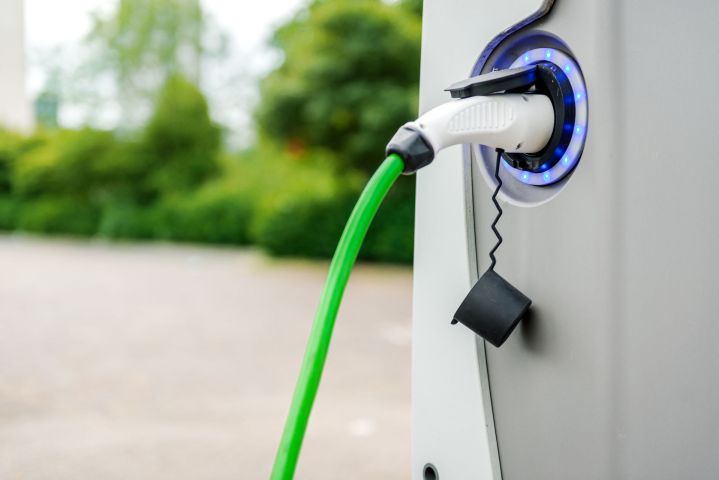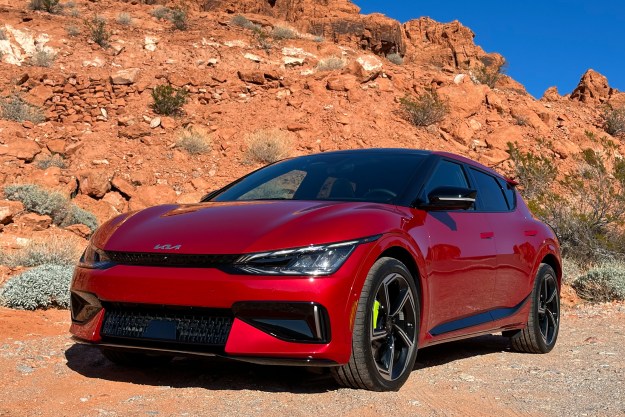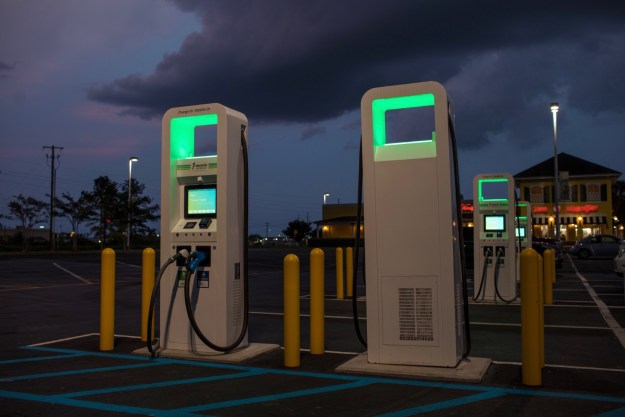
As Plugless mentions in its report, saving money on fuel costs is not the sole reason people buy electric cars. People make the change for a variety of reasons including cleaner air, a quieter ride, instantly available torque, more safety, and better handling. If money were the only factor involved, most electric vehicles so far would not have found buyers, because price premiums for electric models typically far outstrip fuel cost savings, even over a period of seven to 10 years.
But money does matter in the decision calculus. There is also the appeal of low-fuel costs — if you can afford that car, then you will not have to worry about the cost of gas. Tesla’s promise of free fuel for life has a palpable emotional hook, even when you have to spend more than $60,000 to get it.
What may be surprising to those who have not checked out the actual fuel-cost saving of electricity over gas, however, is how much the savings differ based on where you live. For example, if you live in Oregon, the state with the greatest savings according to the Plugless report, on average you would save more than $1,200 a year on fuel with an electric car versus a gas-powered car. In Connecticut, however, where electric cars save the least in fuel costs, you could save about $350.
Why the vast difference? Plugless used three measures for each state: the average cost of gas per gallon, the average cost of residential electricity per kWh, and the average vehicle miles traveled per year. The calculations were slanted to favor gasoline-powered cars.
From the Plugless report: “In many ways, the snapshot loads the deck in favor of gas cars. For one, gas prices have been very low for the past year. The national average cost of gas in this snapshot is $2.20 per gallon. Another factor favoring gas is the average electricity price is higher than what EV drivers really pay in most states. The reason is that states with the most expensive average electricity rates often have discounted pricing at night. Electric vehicle owners tend to charge at night, so the snapshot overrates the cost of charging at home.”
Regardless of the gas-favored bias, however, in every state electric-car drivers would save money. A look at the specific figures in Oregon and in Connecticut shed some light on the wide variation. In Oregon, electricity averaged $0.108 per kWh, gas averaged $2.44 per gallon, and the average driver puts 16,262 miles on their car annually. Connecticut, on the other hand, has $2.27 gas, which is not that much different from Oregon, but electricity costs exactly twice as much at $0.216 per kWh. Connecticut drivers average 11,602 miles a year.
So this is a real-world savings comparison. The electricity costs were from July 2016 and the gas-cost averages from August 2016. And while mile-to-mile comparisons do not reflect real-world costs, still show how much the average person would save.
The full Plugless report, which you can see here, has details for every state. It might be interesting to see how your state fares. If average drivers in your state do not save as much as in other states, you might want to ask why — hint: it’s probably taxes.
Editors' Recommendations
- Don’t let the gimmicks fool you. The Ioniq 5 N is a serious track car
- Why your EV’s voltage matters, and what it means for your car’s charging speed
- The fastest electric cars, ranked by 0-60 mph acceleration
- The cheapest electric cars you can buy
- What are the different types of electric car chargers?




